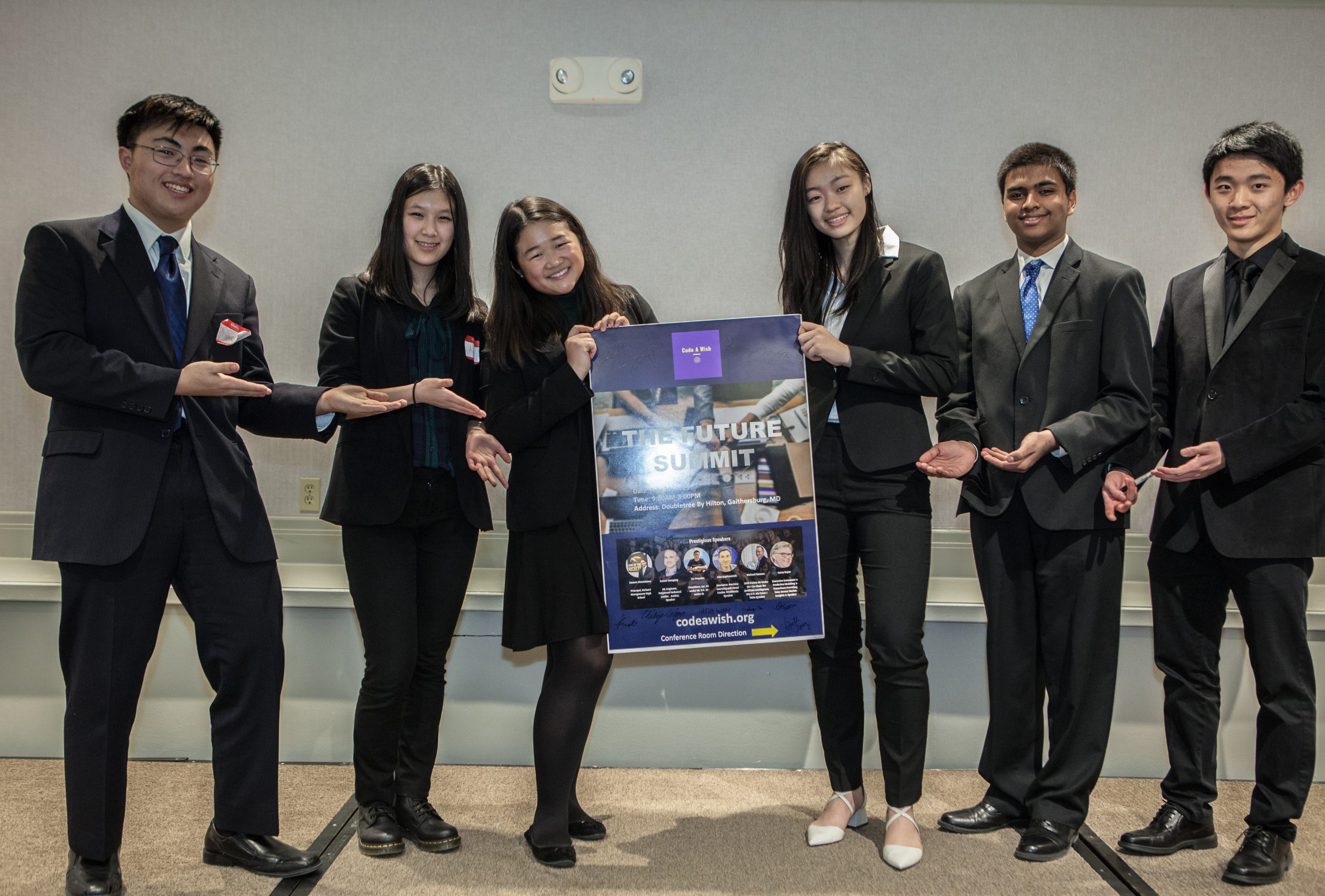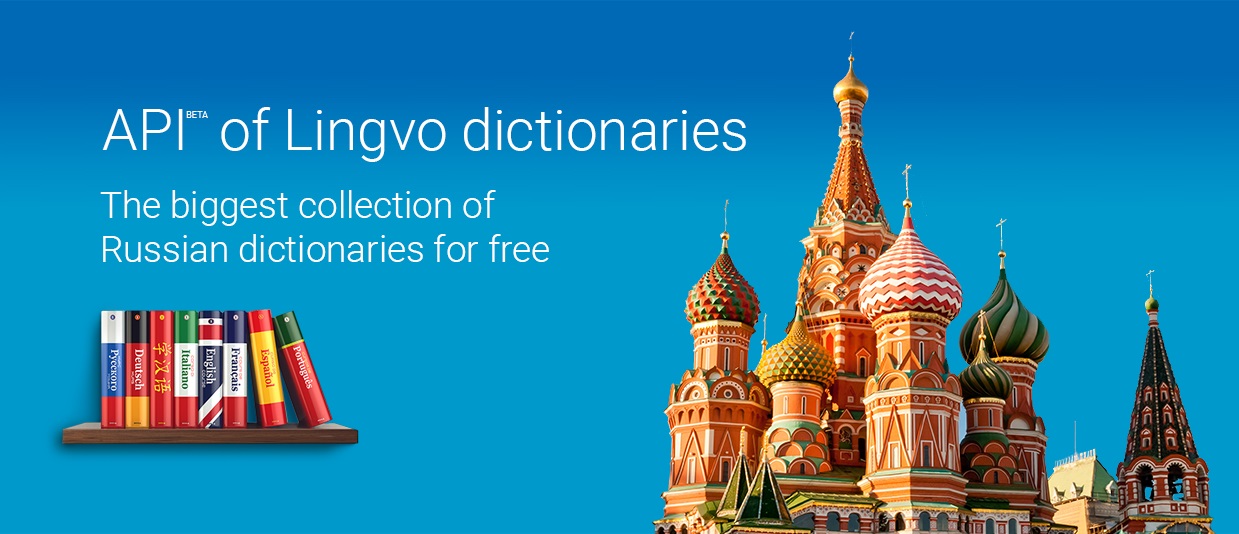
Rockville, MD, 2020-Jul-30 — /EPR EDUCATION NEWS/ — “Code A Wish Corp†is a Maryland 501(c)3 non-profit that is run by teens and for teens. The club was started by six high schoolers that come from Montgomery, Howard, and Fairfax County in the Greater Washington DC area in the summer of 2019. They shared the same vision that public schools nationwide have an educational gap on teaching the latest technology such as AI, especially to those that are under privileged. The founder of the non-profit Faith Cheung, a senior from Richard Montgomery High School first started a school chapter of “Girls who Code†and realized the need for technology education is unmet by the public school curriculum. After teaching coding at local libraries and even foster homes in Taiwan, she founded the non-profit at the end of the summer of 2019. A team of six like-minded high school students swiftly was formed and the idea of running a tech conference called “the Future Summit†began. With months of extensive planning and coordination, the tech conference went live on November 16th, 2019 at the Hilton in Gaithersburg, MD. The “Future Summit†proved to be a huge success. More than 200 teens from the East Coast were in attendance to hear prominent entrepreneurs and computer scientists give cutting edge speeches on machine learning, voice technology AI and the fourth industrial revolution.
To continue the outreach to even more teens amid the pandemic in 2020, the group has kicked off a new virtual summer series called “AI 101â€. The learning gap in the tech field is evident when we asked such basic questions regarding AI in our AI Virtual interactive webinars. Unfortunately, not many could actually answer. The organization aims to fill a huge gap to the school system in hope to provide much needed education to teens so that they can be better equipped with foundational knowledge in AI and other emerging technology.
On July 3rd, 2020, “Code A Wish†hosted their first summer 2020 AI 101 webinar where over a hundred students enthusiastically participated. The first webinar was also published on youtube for those that could not join the live session: https://www.youtube.com/watch?v=jcLELI2aroo&t=1s
Since then, a weekly live session has been running and hundreds of students have signed up to join the interactive webinars. Topics so far generated interest from nearly 300 elementary and middle schoolers. The topics have also been carefully chosen to reflect the latest affairs. For example, the second episode was dedicated to the use of AI in Covid-19 research. The team is striving for reaching even more students this summer and providing an easy to follow virtual platform to engage teens. The next virtual webinar will be hosted on Friday July 31st, 2020 at 5 pm Eastern Standard Time. To register, please use the following link:Â cutt.ly/AI101
Via EPR Network
More Education press releases

